Planning your own funeral sounds odd at first, but it’s one of those decisions that makes life easier for the people you care about. Instead of leaving them to guess in a stressful moment, you get to map things out ahead of time. Here’s a guide that keeps things practical while adding a little personality along the way.
Pick A Funeral Home That Feels Right

Some homes offer complete packages while others focus on preparation only. Once a body is picked up, switching facilities can be costly, so comparing options in advance saves stress and money. Look into local reputations, price lists, and even availability during certain seasons.
Think About Burial Or Cremation Early
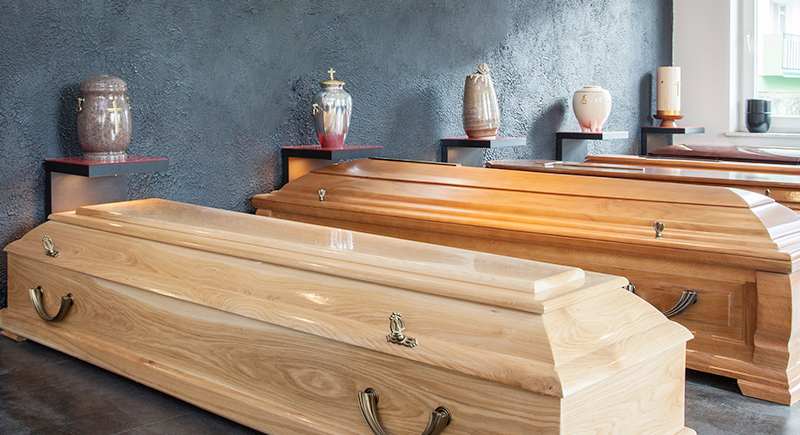
The choice between burial and cremation affects almost every other step. Costs differ widely, with direct cremation often being cheaper than traditional burial. Cultural traditions, environmental views, and family preferences often play a role. Green burials or water cremation are also options.
Consider Organ Donation Options

One donor can help up to eight people and improve the lives of many more. It’s a detail that doesn’t interfere with most funeral plans, even open-casket services. Make sure your family knows your decision, because timing matters when organs are involved.
Explore Donating Your Body To Science

Some programs use donated bodies to train students and advance medical research. It takes pre‑registration and a family discussion, but it often removes funeral costs entirely. Policies vary—some return cremated remains, others don’t—so check details early.
Decide On The Service Style
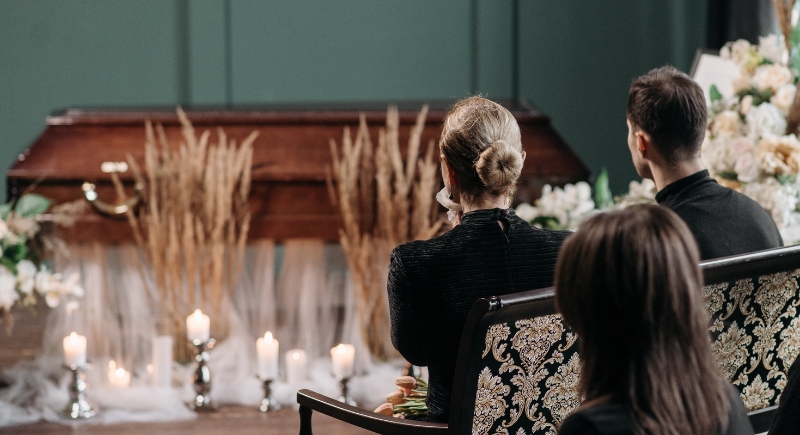
Not everyone wants a formal ceremony. A celebration of life with slideshows and casual dress might feel more like you. Or maybe a quiet, traditional service fits better. You can even plan more than one type of gathering.
Plan Specific Service Details
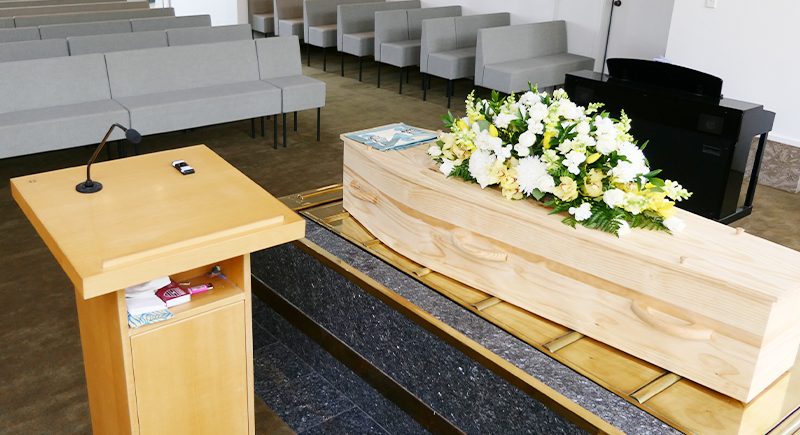
Beyond the basic style, there are smaller details worth deciding. Maybe you want a certain poem read or service honors included. You can encourage open mic moments for stories, or prefer a short program. Writing these ideas down keeps your send‑off from feeling rushed or impersonal.
Make A Guest Notification List

It’s easy for someone to slip through the cracks when news travels fast. Jot down the names and contact details of people you’d want informed. That little list spares your family a guessing game and helps them gauge how large a venue they might need.
Choose Preferred Attire For Guests

The classic black attire is still the most common, but you might want bright colors or sports jerseys to reflect your interests. Letting people know your preference removes the guesswork and adds a personal touch.
Pick Food And Drinks To Serve

A meal after the service often turns into story‑sharing time. Think beyond the usual sandwiches if you’d like—maybe it’s street tacos, your famous cookies, or coffee from a shop you loved. Just note dietary needs if there are any, so no one feels left out.
Select Flowers Or Meaningful Decor
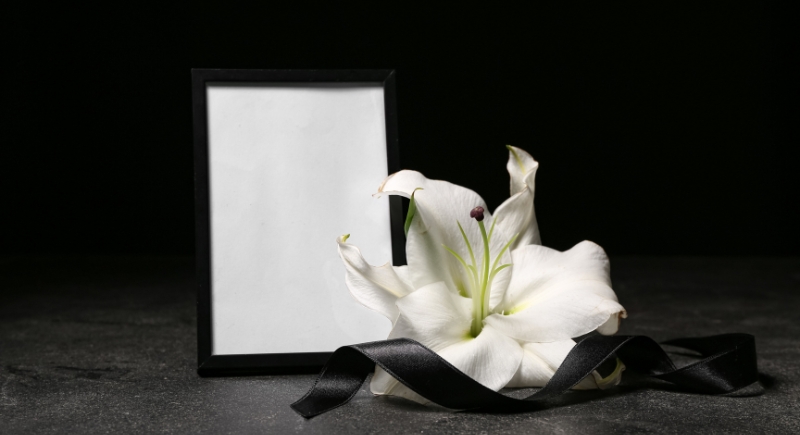
Traditional lilies are common, but you might prefer seasonal blooms, potted plants guests can keep, or even a display of personal mementos. Sports caps, postcards, or travel photos can spark conversation and make people smile. Give your family a clue about what you’d like.
Prepare A Playlist Of Songs

Music often shapes the mood of a service. A playlist of your favorite songs can be comforting and memorable. Jotting down song titles ensures your selections aren’t left to chance. Services that feature personal music choices often feel more intimate and less rigid.
Organize Photos Ahead Of Time

Families often scramble to gather photos when putting together slideshows or printed programs. A folder of high-quality pictures solves that problem. Include images from different stages of life, not just posed portraits. Add captions or notes if you want context.
Pick A Casket Or Urn In Advance
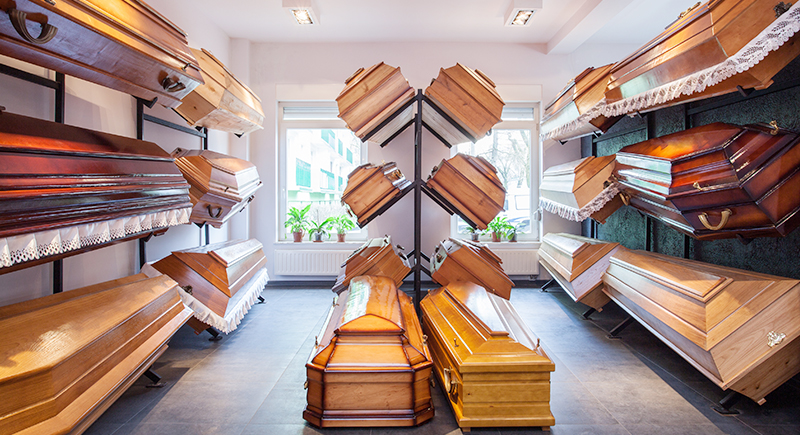
Funeral homes must let families buy elsewhere, and many affordable options exist online. Making the decision now avoids rushed purchases that may not match what you would have liked. It’s also one less thing for others to debate later.
Write Your Own Obituary

An obituary is often the first glimpse of your story. Writing it yourself lets you highlight what mattered most, add a bit of humor, or include details only you would think of. Online postings usually have fewer limits than print, so feel free to get creative.
Share And Store Your Wishes Safely

Great plans only help if people can find them. Keep copies with trusted relatives, save them online, and maybe share with an attorney or friend. Relying on one person isn’t enough. When the time comes, those notes will feel like a gift your family didn’t know they needed.